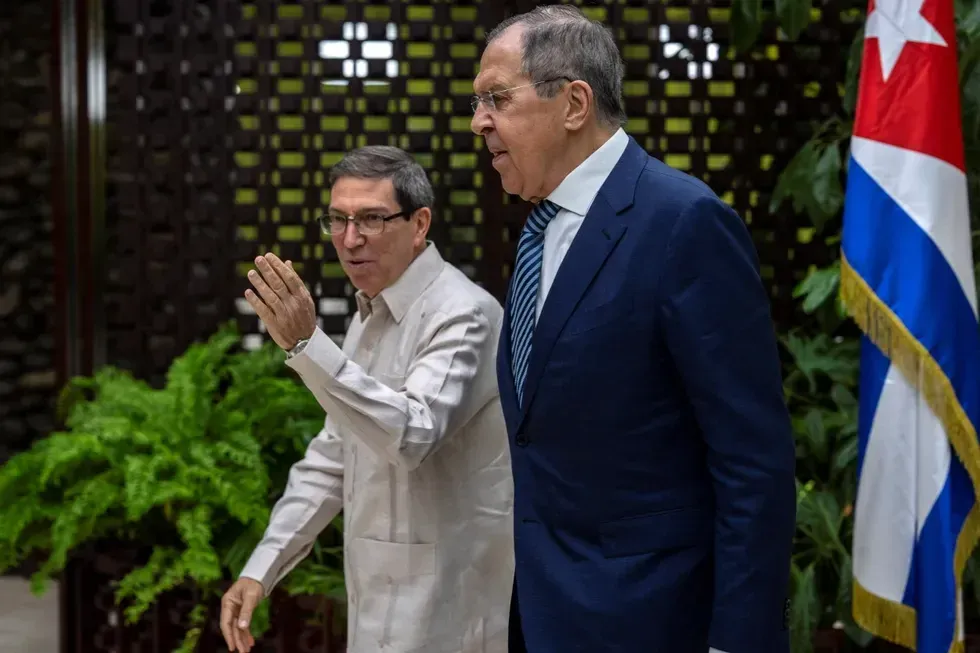Russia needs soldiers, and it hasn’t been picky about where it gets them. That’s the backdrop for an extraordinary announcement this week from Cuba’s foreign ministry that Cubans, some from the island and others living in Russia, have been coerced into fighting in Ukraine.
Cuban authorities say they are working to neutralize and dismantle “a human trafficking network that operates from Russia to incorporate Cuban citizens living there, and even some from Cuba, into … war operations in Ukraine.”
Given Russia’s troop shortages, Vladimir Putin’s reluctance to announce a larger-scale draft at home, efforts to enlist citizens of neighboring countries, and Russia’s willingness to recruit Russian prison inmates to fight for their own freedom, this story isn’t that surprising.
But it is startling that Cuba, a longtime Russian ally, is loudly broadcasting its complaints to the world.
Yes, Cuba is far more financially dependent on China these days than on Russia. But it’s still remarkable to hear Cuban officials say publicly that, “Cuba is not part of the war in Ukraine. It is acting and will act vigorously against whoever, from the national territory, participates in any form of human trafficking for the purposes of recruitment of mercenarism ...”
No comment yet from Moscow.
